
Dredging will not stop floods, move to higher grounds – Gov’t
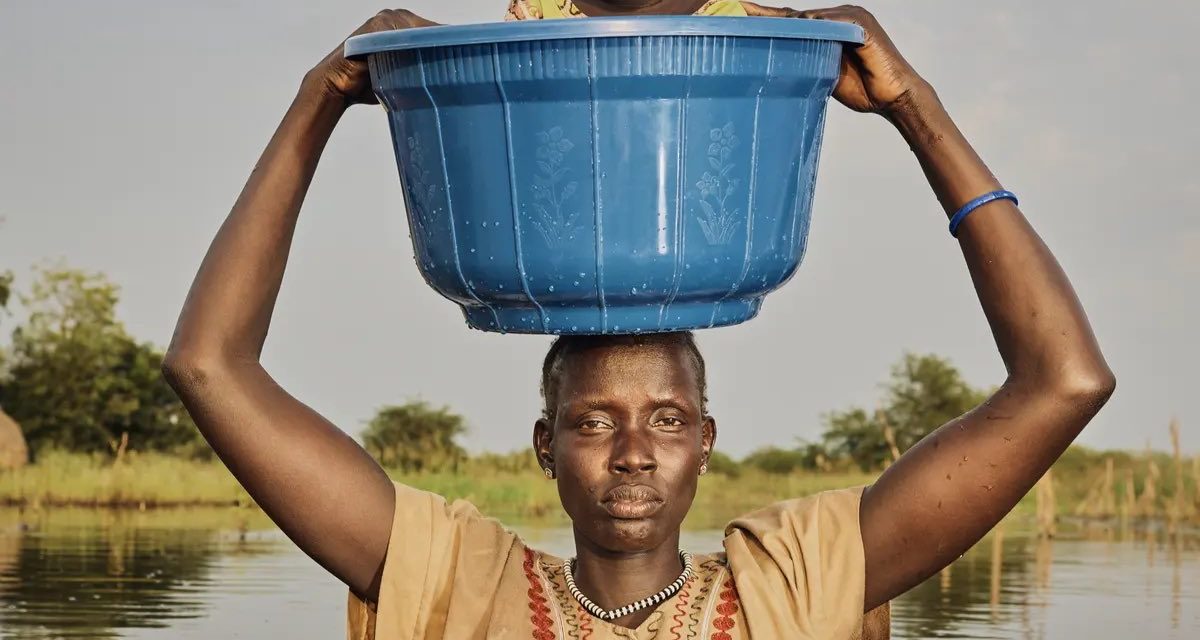
By Shiela Ponnie & David Mono Danga
JUBA, SOUTH SUDAN: Unidentified individuals imported equipment from Egypt to dredge rivers and tributaries of the River Nile, particularly the Sobat and Bar el Ghazal Basins, local media reported last week.
The Unity State Minister of Physical Infrastructure, Lands, Housing, and Public Utilities confirmed the machinery arrived from Egypt to dredge and open Rivers, Naam and Ghazal.
Lam Tungwar said the project was approved by the national ministry of irrigation and water resources in Juba, but this week the national minister for environment and forestry Josephine Napwon denied any knowledge of the dredging equipment.
She said the project must first receive approval from the national government before any dredging begins.
“My message was very clear; I don’t think that the state government will carry on the project without the national government being involved, especially the ministry of environment to do an assessment,” Napwon said.
“We are here to protect the environment and anything that endangers our environment, we will not accept as a Ministry,” she added.
Joseph AfricanoBARTEL, Undersecretary in the Ministry of Environment, says dredging South Sudan’s wetlands, rivers, and tributaries will leave the land dry.
“When you drain and dredge those rivers and take the water into the main Nile, you’re simply draining most of the basin and in a matter of a year or two, we’ll lose all the water in that area.”
“Draining of the basins is not a solution for floods thus a comprehensive study should be conducted and no one should rush to dredge anything at the moment,” Bartel emphasized, saying any dredging carried out without an environmental impact assessment study would be illegal.
“Dredging will not stop the floods so, one nonstructural solution for (floods) is for people to move to high grounds or secondly if there’re some settlement areas that simply means dykes or drainage system to get the excess water out is the solution but not draining the whole Sudd Wetlands by digging the canal,” Bartel told The Insider.
President Salva Kiir’s spokesman Ateny Awek Ateny told reporters in Juba the President’s office did not approve any projects related to cleaning the River Nile tributaries, adding “President Kiir was unaware of the arrival of the river dredging equipment or any related project.”
Controversy over dredging the Sudd wetlands and tributaries of the River Nile started months ago when vice president Taban Deng Ghai called for the resumption of the Jonglei Canal project to prevent flood disasters in Jonglei, Unity, and Upper Nile states, sparking a public outcry, and including inline ministries.
“The ministry of environment and forestry will not approve the resumption of the Jonglei Canal because of the ecosystem services that the Sudd provides to our nation, the region, and the world at large,” Minister Napwon had warned.
In May, Information Minister Michael Makuei mentioned the need to purchase water dredging equipment and said the equipment would cost roughly 28 million dollars.
Makuei clarified that the water dredging equipment had nothing to do with the Jonglei Canal and warned social media users against spreading misinformation.
“Up to now, the issue of the Jonglei Canal has not been discussed by the cluster, not even the government,” Makuei said after a Council of Ministers’ meeting last month, stressing that what was presented before the council was an overall policy of the Ministry of Water Resources and Irrigation for the control of water and for availing water to other areas where there is no water. He said that had “nothing to do with reviving the Jonglei Canal project.
Winnie Rufas, a member of the Geological Society of South Sudan opposes the project, saying dredging the Jonglei canal could destabilize the ecosystem and affect economic development.
“It’s not a good idea. Whenever the canal is dug, there’ll be a drought, the area will be dry and it will affect our ecosystem. In addition to that, it will affect us as human beings because we depend on water. Our development of society and economic development depends on water,” Winne said.
Ajak John Ateng, the President of the Geological Society of South Sudan, also expressed reservations about the project warning dredging the swamps could drive South Sudan’s wildlife out of the country.
“There’ll be migration of this wildlife to neighboring countries. those are the bad things that we will get when the water is gone and when the Jonglei canal has been constructed,” Ateng said.
“To (stop) continuous flooding, the only solution to water is to construct dykes but not for the Jonglei canal to be constructed,” Ateng said.
Abraham Akot says people would rather endure floods than dredge the wetlands.
“Floods come with food like fish, so they’ll not lack what to eat when there are floods but in droughts, many people have been dying, so this makes it very important for the swamps not to be dredged because if water is there it comes with some sources of livelihoods for the people,” Akot acknowledged.
Meanwhile, Pastor Bagura Abraham, a USA-based government critic, and advocate for good governance calls on citizens to rise and fight against the vice.
“This beautiful country that you see today, if we all sit down, those of us who love South Sudan, and watch the resumption of the Jonglei Canal or any attempt to dredge any other water resources in this country, it is going to turn into a desert.” Pastor Bagura warned.
“Any citizen that loves this country and is still alive, you ought to speak up against this ill project,” he added.
The Jonglei Canal Project was initiated so that water from the Nile and other tributaries bypasses the Sudd wetland, which is one of the world’s largest wetlands covering as much as 90,000 square kilometers in the wet season, thereby allowing water to flow directly into River Nile and down to Sudan and Egypt increasing the area of cultivable land in Egypt by 8,100 square kilometers or two million acres of land.
The Jonglei Canal project was proposed in 1907 and the construction started between 1954 and 1959 but was never completed. The project was halted by John Garang in 1984 following the outbreak of a civil war that would last for over two decades. Abraham says it’s high time South Sudanese followed the footsteps of late Doctor John Garang and challenged the country’s leadership from joking with its natural resources.
“As someone from a community having cattle, he knew that water and pasture would be scarce for his cattle and his people. We ought to wear the shoe of Dr. John Garang so that we can stand up against this ill project because the same reasons he fought it are the same reasons we are facing today,” Bagura said.
Abraham wrote an open letter to lawmakers in the Transitional National Legislative Assembly – TNLA warning of looming insecurity as a result of movements of pastoralists and their cattle in search of pasture and water once they allow dredging of water resources since most areas will dry up.
“Stand up straight without fear or favor and tell these leaders that you have done enough, not our water resources. At least let us not have schools, let the economy cripple but not our waters that are responsible for my agricultural produce, a farmer like me,” the pastor added.

















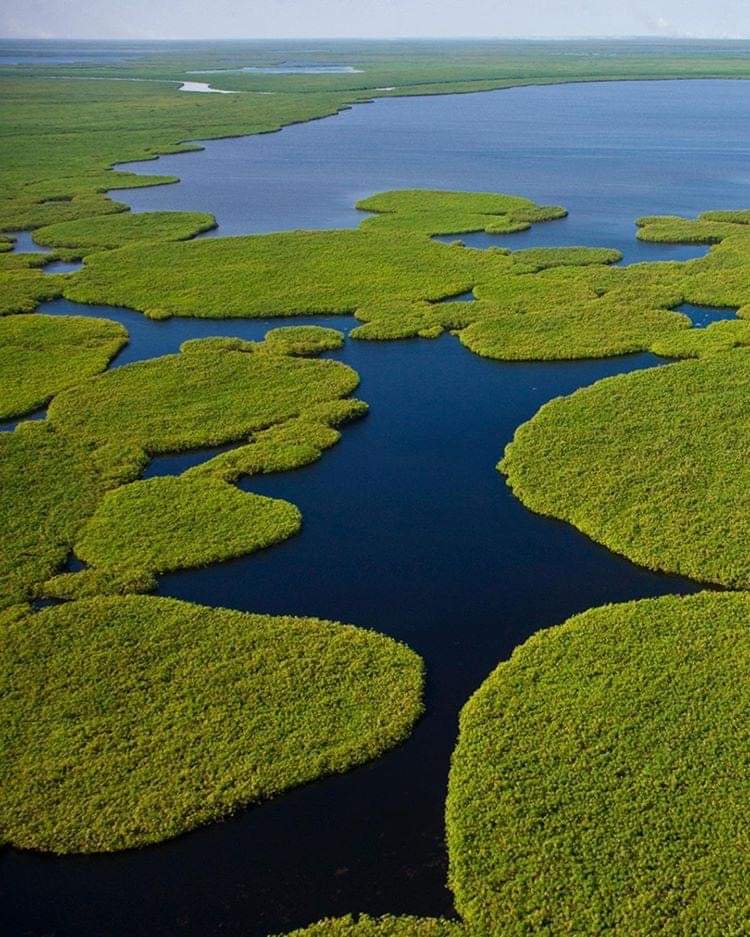
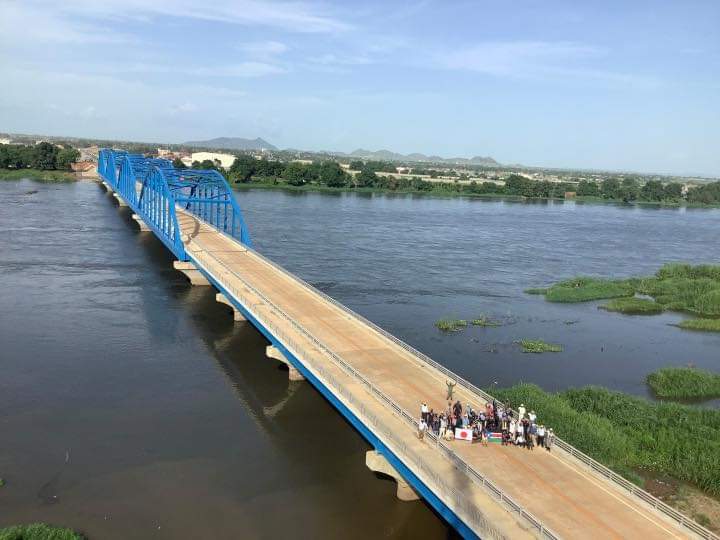
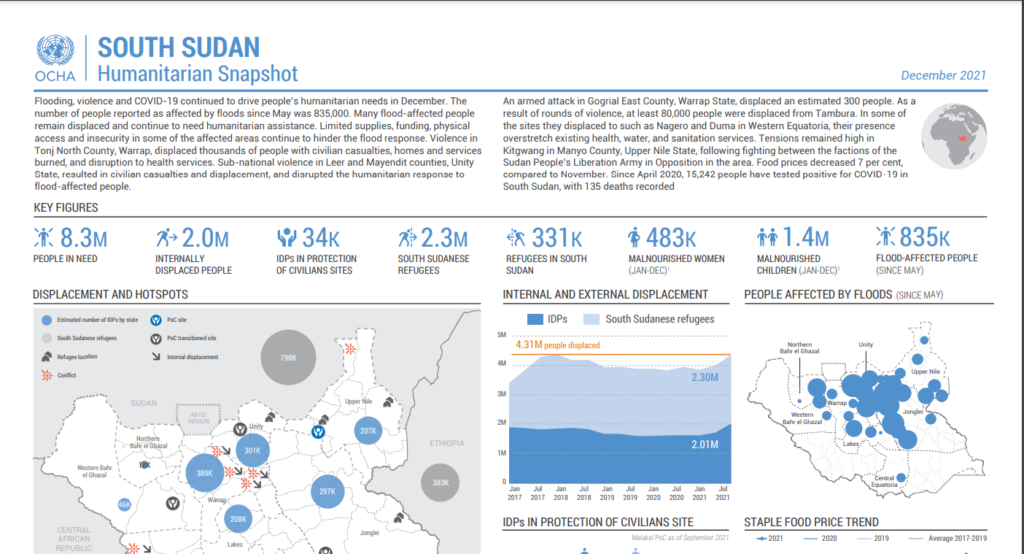
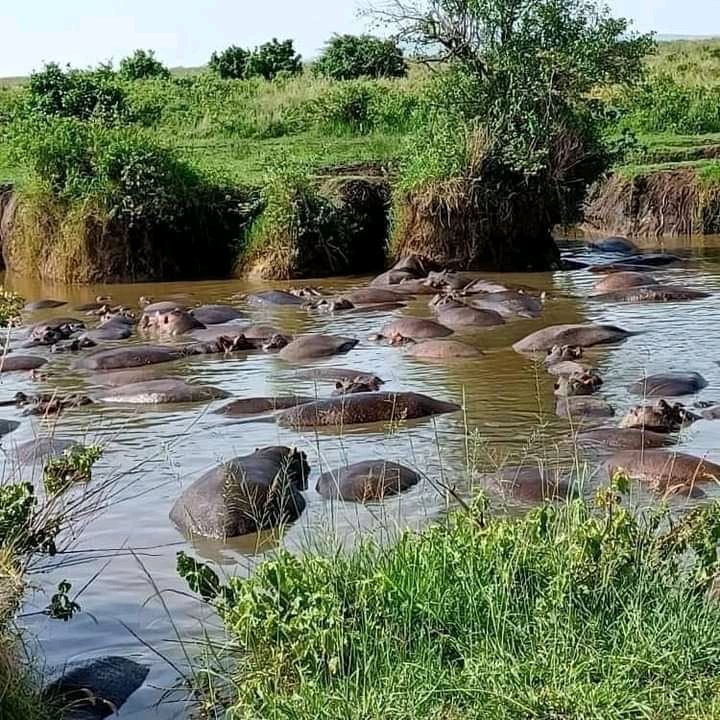
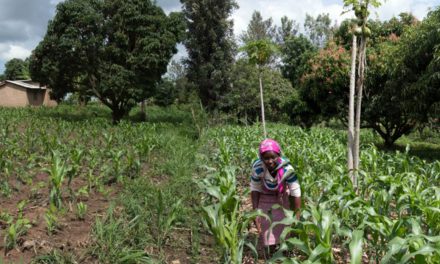

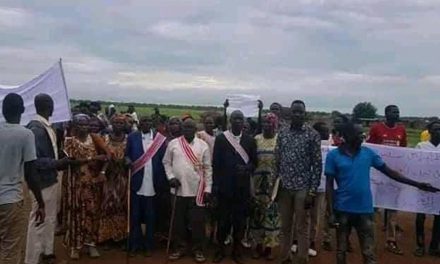
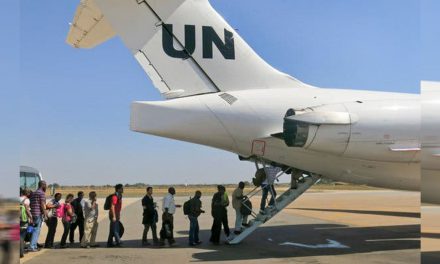
Recent Comments